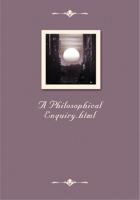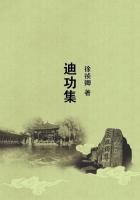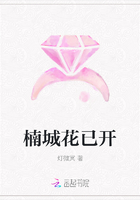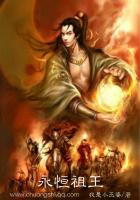In this republican country, amid the fluctuating waves of our social life, somebody is always at the drowning-point. The tragedy is enacted with as continual a repetition as that of a popular drama on a holiday, and, nevertheless, is felt as deeply, perhaps, as when an hereditary noble sinks below his order. More deeply; since, with us, rank is the grosser substance of wealth and a splendid establishment, and has no spiritual existence after the death of these, but dies hopelessly along with them. And, therefore, since we have been unfortunate enough to introduce our heroine at so inauspicious a juncture, we would entreat for a mood of due solemnity in the spectators of her fate. Let us behold, in poor Hepzibah, the immemorial, lady--two hundred years old, on this side of the water, and thrice as many on the other, --with her antique portraits, pedigrees, coats of arms, records and traditions, and her claim, as joint heiress, to that princely territory at the eastward, no longer a wilderness, but a populous fertility,--born, too, in Pyncheon Street, under the Pyncheon Elm, and in the Pyncheon House, where she has spent all her days, --reduced. Now, in that very house, to be the hucksteress of a cent-shop.
This business of setting up a petty shop is almost the only resource of women, in circumstances at all similar to those of our unfortunate recluse. With her near-sightedness, and those tremulous fingers of hers, at once inflexible and delicate, she could not be a seamstress; although her sampler, of fifty years gone by, exhibited some of the most recondite specimens of ornamental needlework. A school for little children had been often in her thoughts; and, at one time, she had begun a review of her early studies in the New England Primer, with a view to prepare herself for the office of instructress. But the love of children had never been quickened in Hepzibah's heart, and was now torpid, if not extinct; she watched the little people of the neighborhood from her chamber-window, and doubted whether she could tolerate a more intimate acquaintance with them. Besides, in our day, the very A B C has become a science greatly too abstruse to be any longer taught by pointing a pin from letter to letter.
A modern child could teach old Hepzibah more than old Hepzibah could teach the child. So--with many a cold, deep heart-quake at the idea of at last coming into sordid contact with the world, from which she had so long kept aloof, while every added day of seclusion had rolled another stone against the cavern door of her hermitage--the poor thing bethought herself of the ancient shop-window, the rusty scales, and dusty till. She might have held back a little longer; but another circumstance, not yet hinted at, had somewhat hastened her decision. Her humble preparations, therefore, were duly made, and the enterprise was now to be commenced. Nor was she entitled to complain of any remarkable singularity in her fate;for, in the town of her nativity, we might point to several little shops of a similar description, some of them in houses as ancient as that of the Seven Gables; and one or two, it may be, where a decayed gentlewoman stands behind the counter, as grim an image of family pride as Miss Hepzibah Pyncheon herself.
It was overpoweringly ridiculous,--we must honestly confess it, --the deportment of the maiden lady while setting her shop in order for the public eye. She stole on tiptoe to the window, as cautiously as if she conceived some bloody-minded villain to be watching behind the elm-tree, with intent to take her life.


